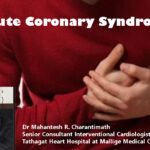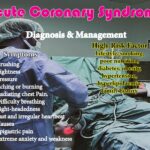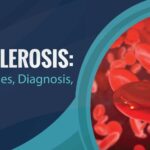Heart care : Everything one need to know about Angina
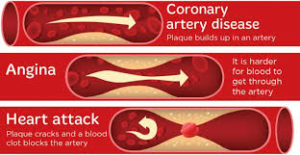

Angina is an acute discomfort that is felt in chest and patients often feel a clenching pain, ranging from a few seconds to minutes. It can be described as pressure, squeezing, burning or tightness in the chest. It usually starts behind the breastbone but it can also occur in the arms, shoulders, neck, jaw, throat or back.Angina is usually a warning sign of problems in the heart and if neglected can lead to more health issues.
To be more precise, anginal pain occurs exactly when there is a shortage of blood flow to a certain part of heart and it can be linked to a heart disease. Anginal pain is related to coronary artery disease and if on experiences this type of pain, then one should head to the doctor immediately.
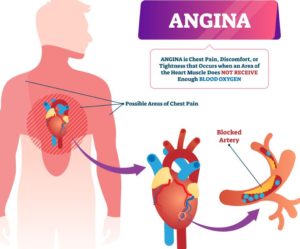

Though angina is just a symptom of heart-related diseases, it occurs at various frequencies and as different types. We have listed a few for better understanding:
Stable angina : It is more likely to occur when blood supply to heart muscle is reduced. The condition when the coronary arteries are narrowed or blocked by atherosclerosis or by a blood clot or the coronary artery disease may be the cause of stable angina pain. The pain usually occurs on exertion and decreases with rest.
Unstable angina: Unstable anginal pain can be fatal and can be treated as a sign of having future heart attack. It can occur with or without physical exertion; even medicine and rest may not relieve the pain. Therefore, if a patient feels frequent pain in chest and it shows no regular pattern, patient should immediately rush to a hospital because unstable angina can be very dangerous and needs an emergency treatment.
Treatments of angina
First and foremost one needs early medical evaluation and this is best done by a cardiologist. Angina can be treated with various medicines and the treatment also depends upon severity of heart disease. But before that, cardiologist may want to get a detailed checkup of heart. After assessing reports, he/she may suggest some blood work, ECG, echocardiogram and a stress test. In some cases, patient may need an angiography to determine the extent and types of blockage. Some medications that are used in the treatment of Angina and coronary atheroscleorosis Medicines are listed below:
- Oral antiplatelet medicines
- Beta blockers
- Nitrates
- Statin medications
Depending on the severity and location of the blockages, one may also need placements of stents or cardiac bypass surgery. But these determinations are only made on a case by case basis.
How to prevent angina?
- Taking proper care of health and following a healthy diet can do wonders for heart.
- Regular exercise at monitored intensity will keep heart healthy and will prevent any heart-related diseases.
- Keep cholesterol levels in check as it can lead to clogging of arteries and hence lead to anginal pain.
- Quit smoking, tobacco and choose healthier ways to lead life.
Incase patient have a history of heart diseases in family, make sure to keep a close watch on health, especially with increasing age.


Dr. Sonia Lal Gupta
Stroke Neurologist


Dr. Sameer Gupta
Interventional Cardiologist
Email: doctors@voiceofhealth.in



